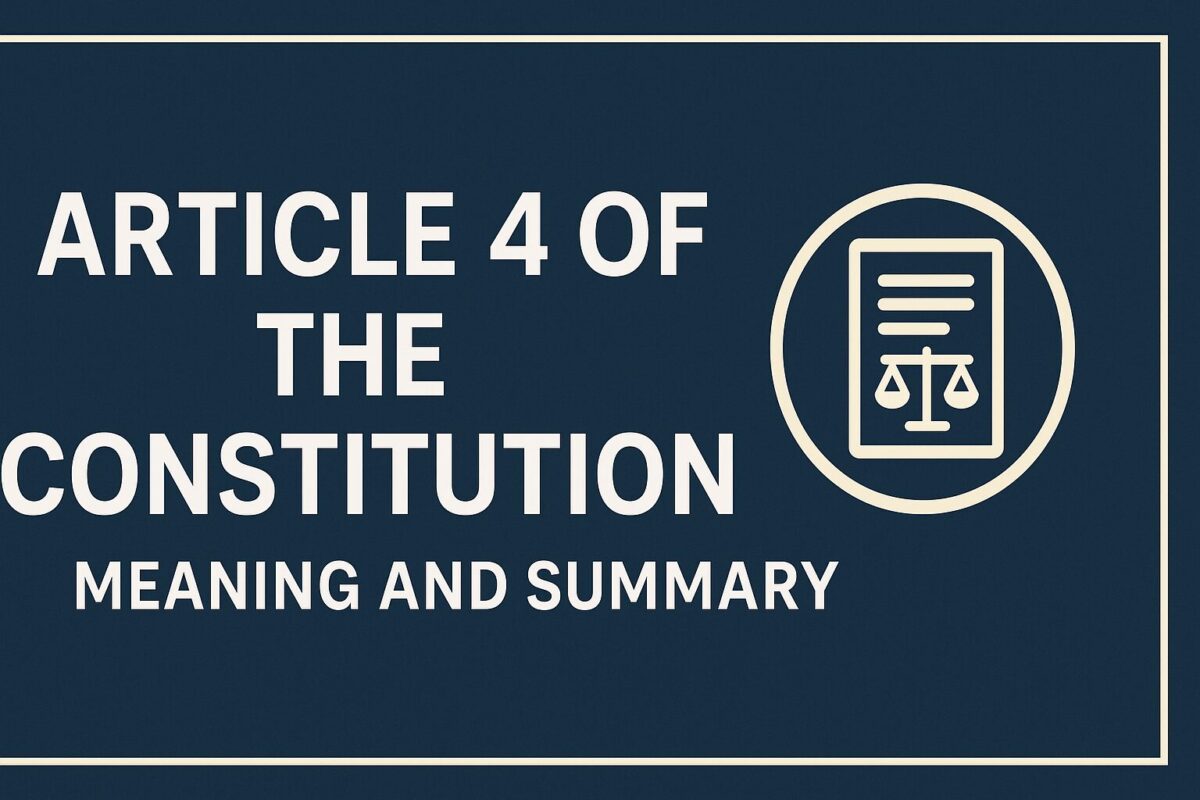Table of Contents
ToggleAmendment XXVII of the United States Constitution deals with congressional pay. It prohibits Congress from changing its salary compensation until after the mid-term election.
The 27th Amendment became law in the United States in 1992 after Congress voted to affirm the constitutional amendment’s legality.
A Peculiar History
The 27th Amendment has a peculiar history. It was ratified on May 7, 1992, but was written over 200 years earlier by James Madison in 1789.

As the Constitutional Convention members were finishing drafting the Constitution, the daunting task of getting the document passed loomed heavily over their proceedings.
The articles of the Constitution were hotly debated and not entirely accepted by state legislators.
A deal was made that if amendments guaranteeing public rights were added, the states would ratify the Constitution.

James Madison proposed twelve amendments. The 12th Amendment was meant to prevent Congress or the President from arbitrarily setting its compensation without oversight.
The first ten of Madison’s amendments were successfully ratified and collectively became known as the Bill of Rights. The 11th Amendment and 12th Amendment failed to gain the necessary three-fourths majority.
Political Limbo
Madison’s Twelfth Amendment was soon forgotten and hung in political limbo for two centuries. Usually, an amendment is written with a time limit and rejected if not ratified within the time limit.

James Madison did not set a time limit since he expected it to be ratified right away with the other eleven amendments. With no limitation, it remained on the books waiting for enough states to approve it.
Public outcry
This “compensation amendment” occasionally surfaced with public outcries against congressional salary.
The amendment’s ratification, for example, by the Ohio state legislature in 1873 after Congress voted for congressional pay increases followed such an outcry.

Get Smarter on US News, History, and the Constitution
Join the thousands of fellow patriots who rely on our 5-minute newsletter to stay informed on the key events and trends that shaped our nation's past and continue to shape its present.

Wyoming ratified it in 1977 under similar circumstances. But after all that time, only nine states had ratified Madison’s original proposed amendment.
Enter a Political Science Student
The compensation amendment might still be in limbo had it not been for a political science college student who, in 1982, discovered it while searching for a topic for a term paper.

The University of Texas sophomore Gregory Watson became excited about the possibility that the compensation amendment could still become law and wrote his paper on that possibility.
His excitement turned to disappointment when his paper only received a C grade. His disappointment turned into determination to get the amendment passed in the United States.
A determined campaign
Over the next ten years, Gregory Watson dedicated his energy to persuading state legislators to finish ratifying the amendment.
Watson’s efforts were well-timed, as the American public was irritated with Congress in the 1980s because of its pay raises.

Watson’s determination finally bore fruit on May 7, 1992, when the Michigan state legislature became the thirty-eighth to ratify Madison’s amendment, providing the necessary three-fourths majority to make it law.
The interval of 202 years and seven months had elapsed when the Twenty-Seventh Amendment was written and finally passed.
During this time, sixteen amendments had been made, making it the Twenty Seventh Amendment to the United States Constitution.
One Last Hurdle
Even though the requirements had been met to become law, the proposed Amendment had to go through one last hurdle for eventual ratification.
Because such a long time had elapsed, many argued that it was not a legal ratification process.

However, the government archivist at the National Archives declared that the amendment process had been legal according to Article V of the Constitution’s requirements.
On May 20, 1992, Congress nearly unanimously declared the Twenty-Seventh Amendment’s legal ratification and thus part of the United States Constitution.
A quiz about the 27th Amendment
Questions:
- What is the main purpose of the 27th Amendment to the United States Constitution?
A. To limit the power of the federal government
B. To protect the rights of criminal defendants
C. To regulate Congressional pay raises
D. To establish a system of federal courts
- When was the 27th Amendment proposed?
A. 1791
B. 1789
C. 1868
D. 1871
- How many states were required to ratify the 27th Amendment for it to become part of the Constitution?
A. 12
B. 13
C. 14
D. 38
- How many states had ratified the 27th Amendment by May 7, 1992?
A. 38
B. 39
C. 40
D. 41
- Was the 27th Amendment the last amendment to be added to the Constitution?
A. Yes
B. No
Answers:
- C (To regulate Congressional pay raises)
- B (1789)
- D (38)
- D (41)
- A (Yes)









2 Responses
We need to finish the ratification process of the Equal Rights Amendment, too. If the 27th Amendment took two centuries to ratify, the ERA should be ratified immediately. It’s acquired the necessary number of states to accomplish this already. The opponents are using the “time limit” argument for this, also. If the 27th Amendment could be ratified after 200 years, we can ratify the ERA right away.
Wrong. The ERA had a time limit to ratify (originally March 22, 1979) which was not met. Not so with the Congressional Pay Raise amendment. I question the need for such an amendment (ERA). Why is it necessary? Also, men and women are not the same, so in some cases there can be no equal rights (and should not be). Only women can get pregnant — laws addressing pregnancy for the most part do not apply to men. Arguably, equal legal rights would abolish separate sports for men and women at publicly funded institutions — a clear case where women will suffer. Pregnant women have been excused from military deployments for decades — do women want to have their baby on a submarine? Or aircraft carrier?